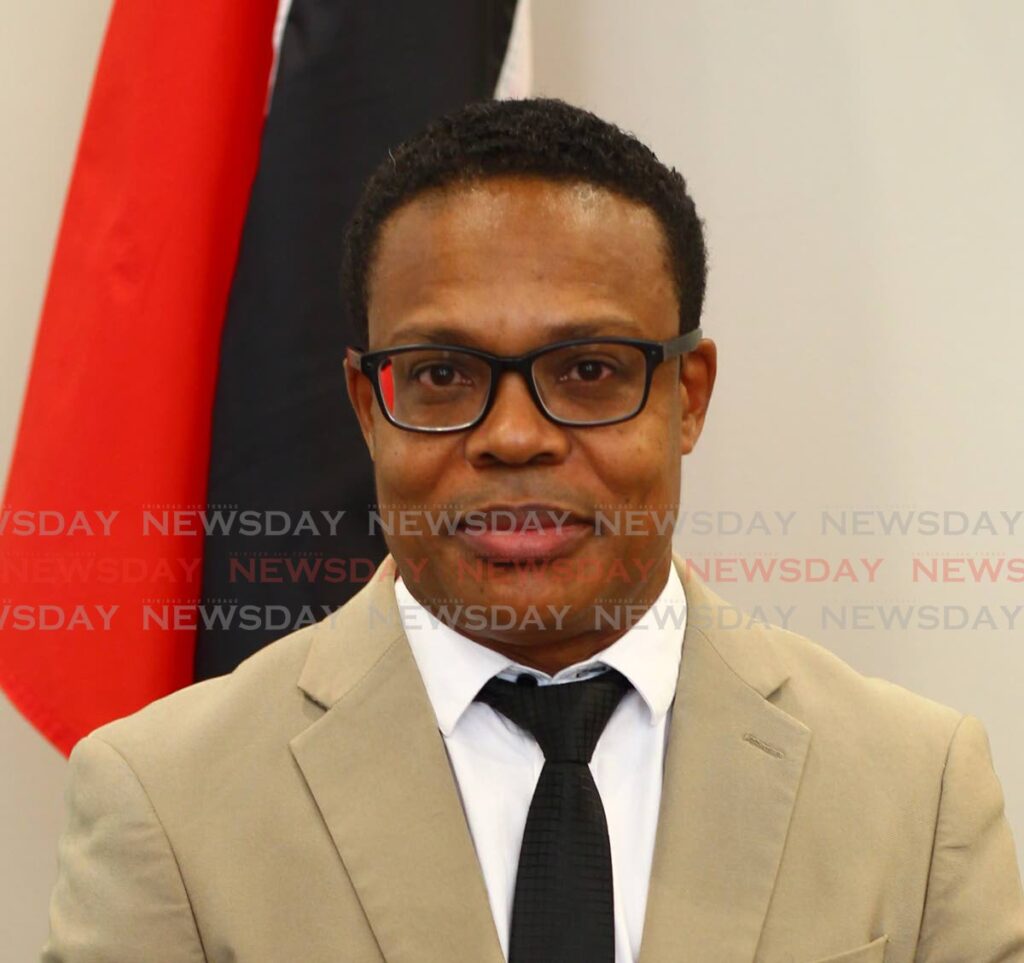Staying at the table

FOREIGN and Caricom Affairs Minister Dr Amery Browne’s disclosure on Monday that this country is actively lobbying US officials to include Cuba and Venezuela at next month’s Summit of the Americas raises questions.
Dr Browne’s statement that the Prime Minister himself has been pressing US officials on this matter immediately brings into question our involvement in the summit should these countries not be invited and should Caricom – which has united behind them – opt to boycott.
Whose interest would a boycott serve?
We believe that all nations in the region should ideally be included in the summit, which will be only the ninth of its kind. It will be a key moment for all, given the dramatically altered global environment: matters to be addressed include pandemic response and resilience, green energy and migration.
Caricom is not alone in its wish to see everyone at the table. Mexican president Andrés Manuel López Obrador on Tuesday vowed not to attend next month’s event, due to be held in Los Angeles.
The track record of the US in punishing nation states it regards as working against its interests or ideals is certainly a chequered one.
Time and time again, the imposition of punitive measures such as sanctions or blacklisting has often backfired – worsening America’s standing and negatively affecting the ordinary citizens of blacklisted countries, not their leaders.
However, we cannot ignore the dramatically changed situation presented by Russia’s invasion of Ukraine, an invasion which Cuba and Venezuela fully endorse.
Caricom has ostensibly condemned Russia’s invasion as a clear violation of the principle of sovereignty, yet it seems to be positioning itself as an advocate for nations that have strongly endorsed the opposite ideal.
The irony is, our regional bloc has long venerated the principle of non-interference in the affairs of sovereign states. But when faced with the prospect of the US possibly excluding officials attending a summit it is hosting on its own soil, Caricom wishes to say who should be let in.
Regional leaders have also painted both Cuba and Venezuela with broad brushstrokes, ignoring the fact that each represents a unique case. For example, there are subtle but important differences in the issues of leadership and diplomatic ties with the US.
When Donald Trump was in power in the US, Caricom leaders regularly met with his diplomats in the absence of other Caricom leaders. It is hard to reconcile the recent past with the position now.
Also hard to reconcile is the TT Cabinet’s implicitly divergent positioning, with Dr Browne saying one thing and Energy Minister Stuart Young underlining our reliance on the US by courting trade in the American media days later.
A boycott may have made sense once; it does not appear to make sense now.


Comments
"Staying at the table"